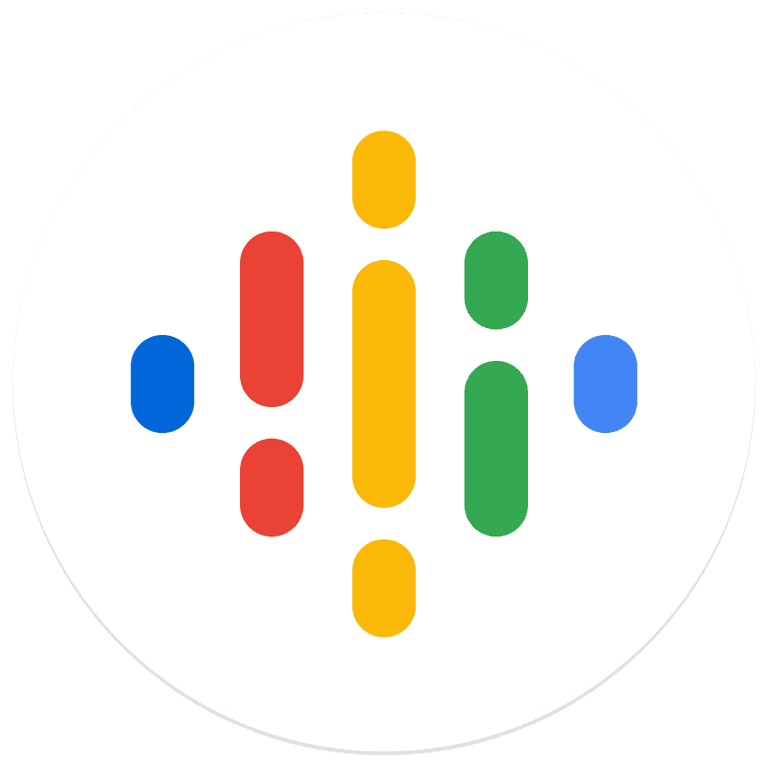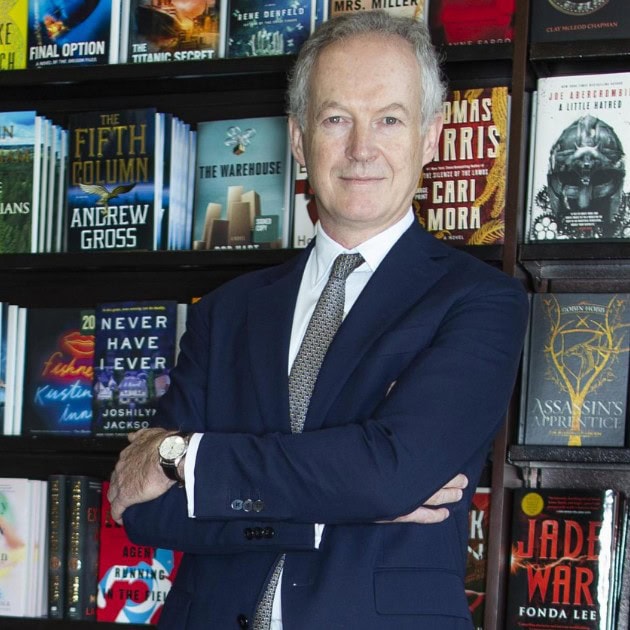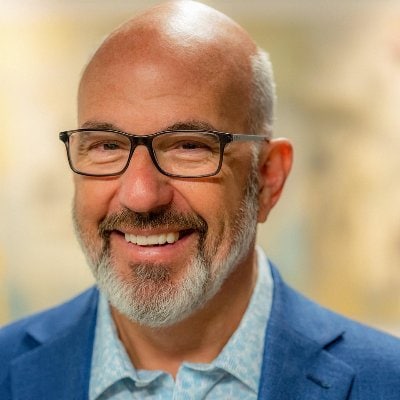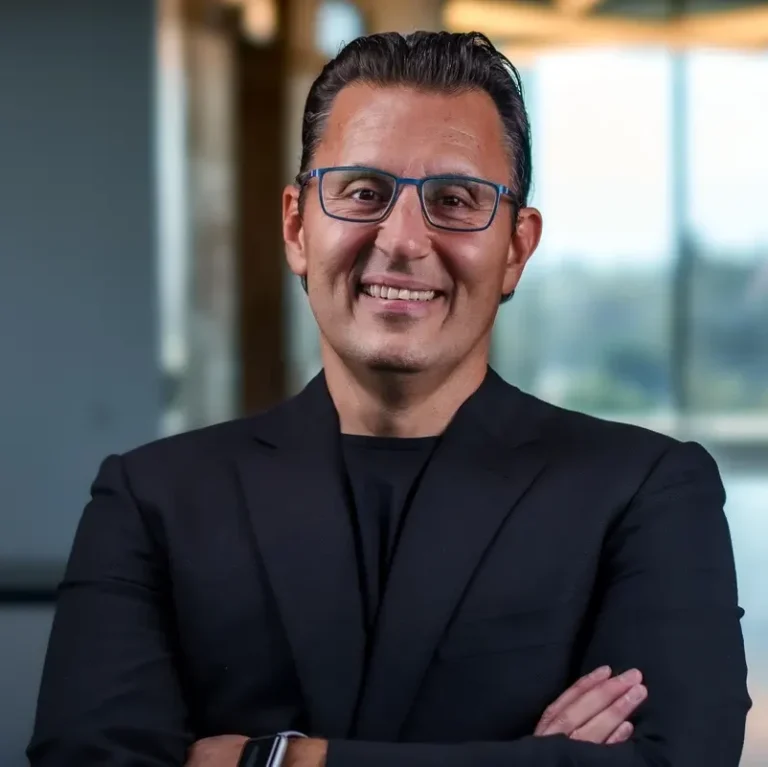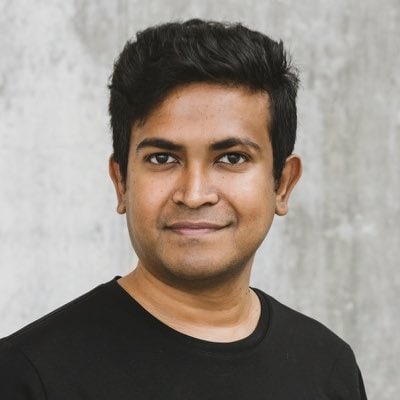
September 7, 2023
Jonathan Siddharth, CEO & Co-founder of Turing
Can AI Unleash The World’s Untapped Human Potential?
AI (Artificial Intelligence) is all the rage in business and social circles—but its meaning and capabilities are often misunderstood. Some people think about the movie I, Robot, and how AI Robots will turn against humanity, while others think of Chat GPT and how it can help them through their school assignments. One company, Turing, is rebooting the meaning of AI as a tool to transform your business—one engineer at a time.
I invited Turing’s CEO, Jonathan Siddharth, to join me for an episode of The Reboot Chronicles to unpack how technology services companies, like Accenture, must reboot themselves—in the AI era of automated software developer platforms.
Scaling Supply To Meet Fortune 500 Demand
When starting Turing, Jonathan came into this business with valuable lessons from his previous start-up, Rover. One of those lessons, which became the heart of Turing, was the “power of distributed teams”. Now, one of the fastest growing tech. services companies, with a $4 billion valuation, Silicon Valley based Turing is a 100% remote 600 employees company that provide organizations access to roughly 2 million developers on demand in 150 countries.
“It was really hard to look for great engineers in Silicon Valley because you are in this fistfight with a whole army of 800-pound gorillas. It’s such a limited talent pool and overfished. So we made the strategic decision to look beyond Silicon Valley for Silicon Valley caliber talent.”
Using AI To Stand Above Competitors
If you have ever asked yourself what an AI-powered Accenture or an AI-powered Cognizant might look like, you would have something in common with Jonathan. Those companies relied on manual sourcing and vetting of engineers, and even “literally sending buses to engineering campuses and interviewing people.” Turing has looked to remove that manual aspect of the recruiting business and hand it all to AI using a “machine learning algorithm called Gradient Boosted Decision Trees.” They have been using it with great success, boasting automated sourcing of developers, using AI to evaluate engineers and match them with potential opportunities, and through their product Turing GPT they can accelerate the productivity of any software engineering team.
Where To Grow From Here
Over the next few years, Turing does not intend to stop growing, as no company should. When asked about the future of Turing, Jonathan laid out a three-phase business plan that he has been following. Phase one was to build a billion-dollar company, which they have already done. Phase two, where they currently are, is to get to a billion dollars in revenue and to go public. Phase two has also brought to light that “the machine that got you from zero to a hundred million is not the same machine that you need for a hundred to a billion in revenues.” Then finally, Phase Three is to build a company that lasts for decades, akin to the current tech giants like Google and Microsoft. “We’ve exited the stratosphere, but how do we leave the solar system?”


